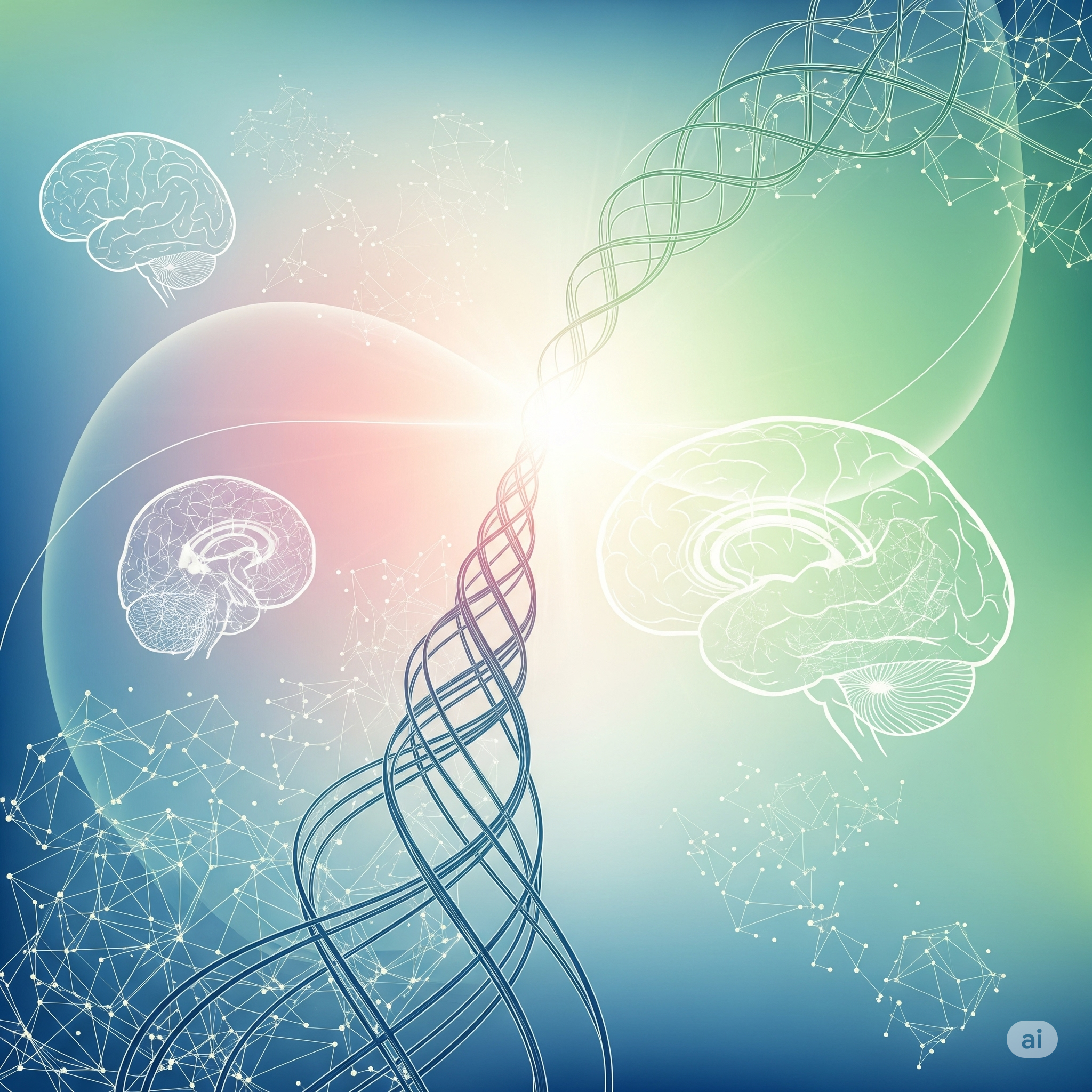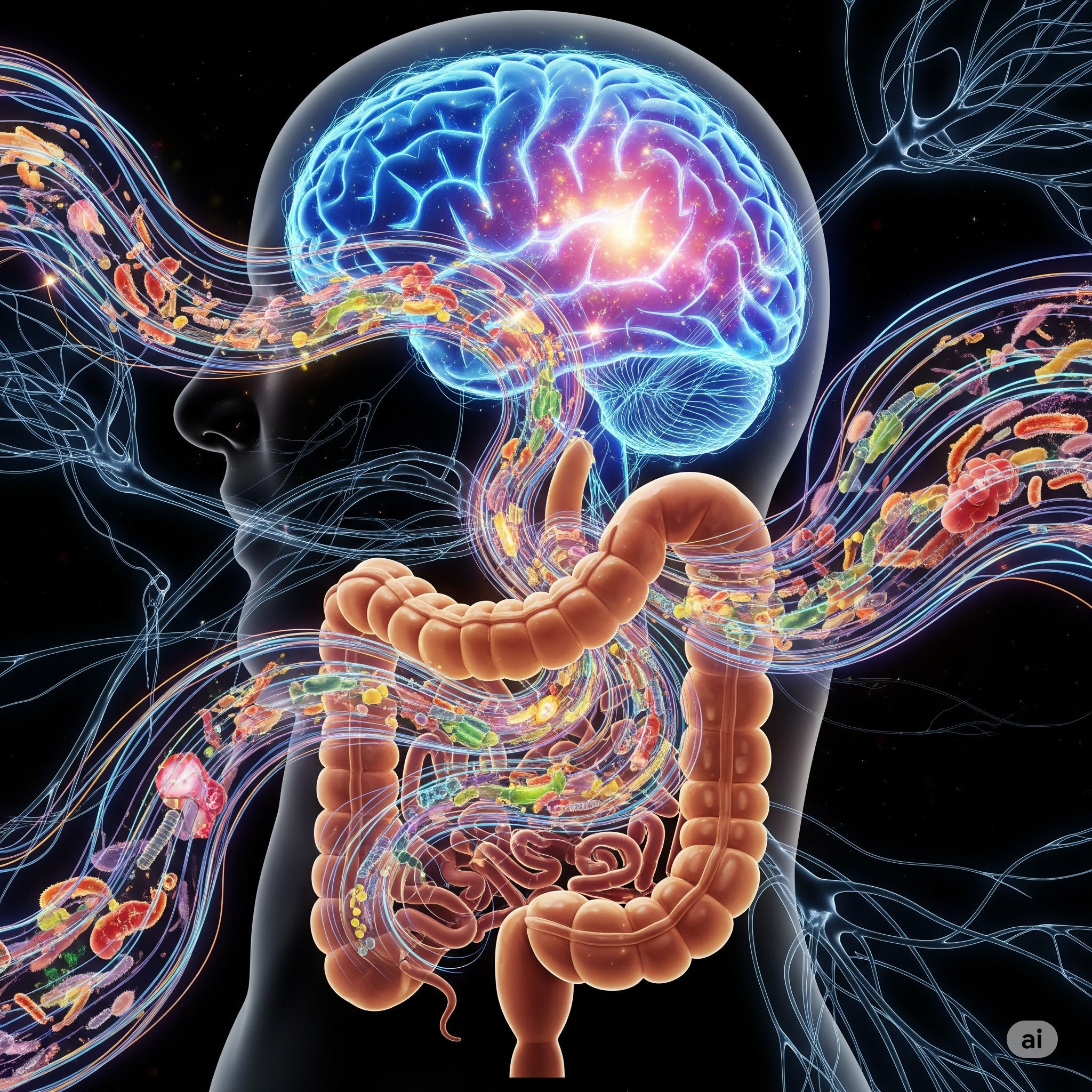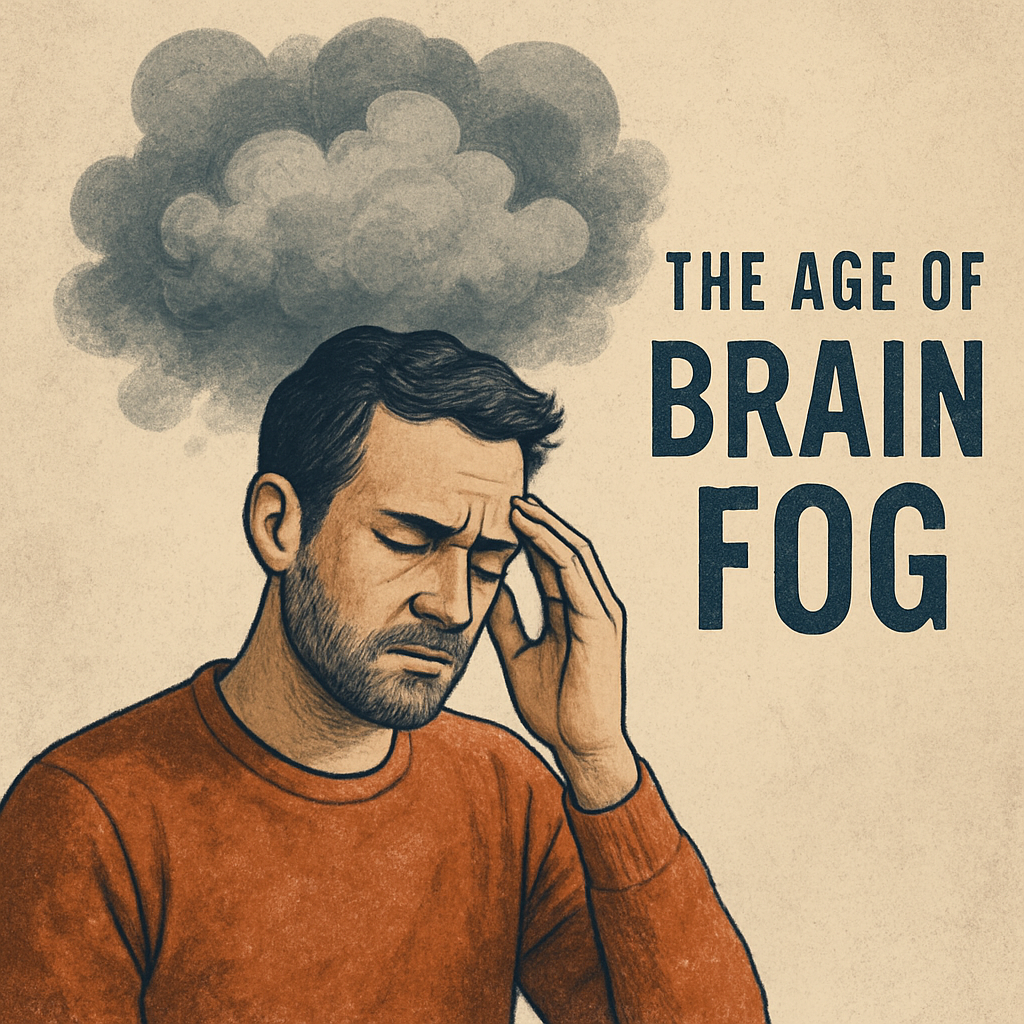Description:
Psychiatry is a fundamental branch of medicine focused on the diagnosis, treatment, and prevention of mental, emotional, and behavioral disorders. This article comprehensively explores what psychiatry is, its importance for individual and societal mental well-being, common psychiatric disorders, modern treatment approaches, current advancements in the field, and its critical ethical dimensions.
Keywords:
Psychiatry, mental health, mental disorders, psychiatric illness, treatment methods, psychotherapy, medication, neuroscience, ethics, stigma, mental well-being, depression, anxiety, schizophrenia, bipolar disorder, cognitive behavioral therapy, TMS, ECT, AI in psychiatry.
URL Slug:
psychiatry-science-mental-health
Article Content:
Psychiatry: The Science of Mental Health and Understanding the Human Psyche
While physical well-being often comes to mind when discussing health, mental health holds equally vital importance. Psychiatry, the medical discipline dedicated to the complex world of our emotions, thoughts, and behaviors, aims to help individuals find inner balance and peace, thereby enhancing their overall quality of life. This article will comprehensively explore what psychiatry is, its significance for individual and societal mental well-being, common psychiatric disorders, modern treatment approaches, current advancements in the field, and its critical ethical dimensions.
What is Psychiatry?
Psychiatry is a medical specialty devoted to the diagnosis, prevention, and treatment of mental conditions. Psychiatrists are medical doctors who diagnose, treat, and prevent mental, emotional, and behavioral disorders. They are uniquely trained to understand the interplay of biological, psychological, and social factors on mental health. Unlike psychologists, psychiatrists are licensed to prescribe medication, and they can also administer psychotherapy (talk therapy) and other medical procedures. An initial psychiatric evaluation typically begins with a detailed case history and mental status examination; physical examinations, psychological tests, and neuroimaging techniques may also be utilized when necessary.
The Importance of Psychiatry for Our Mental Health
The importance of psychiatry lies in its ability to help individuals find inner balance and peace, thereby enhancing their overall quality of life. Mental health issues can profoundly affect an individual’s daily life, social relationships, work performance, and general well-being. Psychiatry identifies the root causes of these problems, providing individuals with tools to understand and cope with their emotions. A societal focus on mental health contributes to the creation of healthier, stronger, and more supportive social environments.
Common Psychiatric Disorders
Psychiatry diagnoses and treats a wide range of mental disorders. Some of the most common include:
- Mood Disorders: Such as Depression (major depressive disorder, dysthymia) and Bipolar Disorder (characterized by manic and depressive episodes).
- Anxiety Disorders: Including Generalized Anxiety Disorder, Panic Disorder, Social Anxiety Disorder, phobias, and Obsessive-Compulsive Disorder (OCD).
- Psychotic Disorders: Conditions like Schizophrenia, characterized by severe disturbances in thought, perception, and behavior.
- Post-Traumatic Stress Disorder (PTSD): Intense stress reactions that emerge after a traumatic event.
- Eating Disorders: Anorexia nervosa, bulimia nervosa, and binge-eating disorder.
- Personality Disorders: Such as Borderline Personality Disorder and Narcissistic Personality Disorder, characterized by enduring and maladaptive personality traits.
- Addictions: Substance and alcohol dependence, as well as behavioral addictions.
- Neurodevelopmental Disorders: Such as Attention-Deficit/Hyperactivity Disorder (ADHD) and Autism Spectrum Disorder.
Modern Treatment Approaches
Psychiatric treatments vary depending on the individual’s needs and the type of disorder. A combination of methods is often used:
- Medication (Pharmacotherapy): Drugs like antidepressants, anxiolytics, antipsychotics, mood stabilizers, and psychostimulants aim to alleviate symptoms by correcting chemical imbalances in the brain.
- Psychotherapy (Talk Therapy): Various approaches such as Cognitive Behavioral Therapy (CBT), Dynamic Psychotherapy, EMDR, and Dialectical Behavior Therapy (DBT) help individuals understand and change their thought patterns, emotional responses, and behaviors.
- Biological Treatments:
- Electroconvulsive Therapy (ECT): An effective and safe treatment for severe depression and certain psychotic conditions.
- Transcranial Magnetic Stimulation (TMS): A non-invasive method using magnetic pulses applied to specific brain regions, used for conditions like depression and OCD.
- Vagus Nerve Stimulation (VNS) and Deep Brain Stimulation (DBS): More invasive methods used in resistant cases.
- Psychosocial Interventions: Approaches like support groups, family therapy, vocational rehabilitation, and life skills training help individuals adapt to society and improve their functioning.
Current Developments in Psychiatry
The field of psychiatry is continuously evolving with advancements in neuroscience, genetics, and technology:
- Neuroscientific Discoveries: Research into brain function, neurotransmitters, and genetic predispositions is leading to a deeper understanding of the biological underpinnings of mental disorders.
- Personalized Medicine: Through genetic testing (pharmacogenomics), it’s becoming possible to predict how effective a medication might be for an individual or their likelihood of experiencing side effects, enabling more personalized treatment plans.
- Digital Psychiatry and Artificial Intelligence: Mobile applications, tele-psychiatry, and AI-powered diagnostic and therapeutic tools are increasing access to mental health services and optimizing treatment processes. For example, digital psychotherapy applications have received FDA approval for depression treatment.
- New Drug Developments: New medications with novel mechanisms of action are being developed for conditions like schizophrenia and anxiety disorders, expanding treatment options.
Ethical Dimensions of Psychiatry
Psychiatry, dealing directly with the human brain and mind, inherently raises significant ethical questions:
- Confidentiality and Privacy: Protecting sensitive patient information is a fundamental ethical principle in psychiatric treatment.
- Informed Consent: It is essential that patients are fully informed about treatment options, risks, and benefits, and freely give their consent to treatment.
- Stigma and Discrimination: The stigma and discrimination faced by individuals with mental disorders in society are significant ethical and social challenges that psychiatry strives to combat. Psychiatrists work to break this stigma and raise awareness.
- Liberty and Autonomy: In cases of severe mental disorders, balancing individual autonomy in treatment decisions with public safety can create complex ethical dilemmas.
- Ethical Use of Technology: The use of AI and digital tools in psychiatry introduces new ethical debates concerning data security, algorithmic biases, and the role of human touch.
Conclusion
Psychiatry is an indispensable branch of medicine that illuminates one of the most complex and sensitive areas of human experience: mental health. With continuously advancing scientific understanding and innovative treatment methods, psychiatry enables individuals to lead healthier, more balanced, and fulfilling lives. However, the ethical challenges that arise alongside these advancements necessitate a deep understanding not only of the scientific but also of the humanistic and philosophical dimensions of the field. Comprehending the importance of mental health and properly evaluating the possibilities offered by psychiatry is crucial for both our individual well-being and for building a more compassionate and understanding society.Psychiatry is a fundamental branch of medicine focused on the diagnosis, treatment, and prevention of mental, emotional, and behavioral disorders. This article comprehensively explores what psychiatry is, its importance for individual and societal mental well-being, common psychiatric disorders, modern treatment approaches, current advancements in the field, and its critical ethical dimensions.


